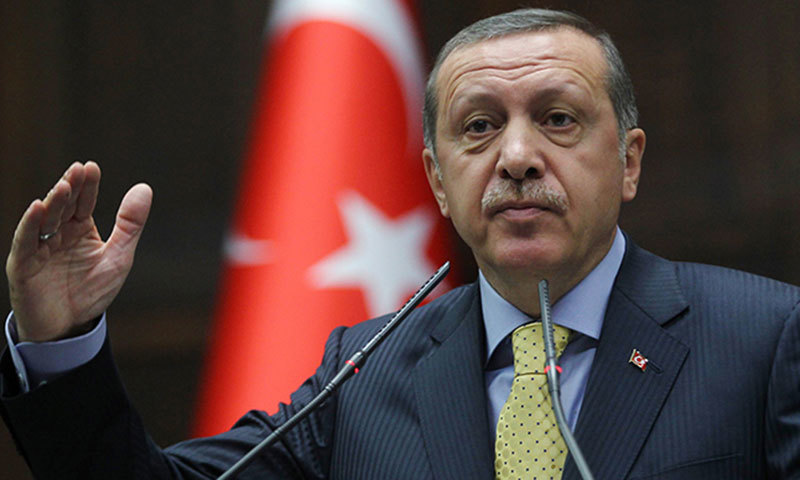Armenia said on Saturday it would use “all necessary means” to protect ethnic Armenians from attack by Azerbaijan, as the opposing sides pounded each other for a seventh day and the latest international peace call fell on deaf ears.
Azerbaijan said Armenia bore full responsibility for the new outbreak of the decades-old conflict, which threatens to drag in regional powers such as Russia and Turkey.
The death toll rose to at least 230 in the fighting over Nagorno-Karabakh, an ethnic Armenian enclave inside Azerbaijan that broke away from its control in the 1990s.
A day after French President Emmanuel Macron phoned Armenian Prime Minister Nikol Pashinyan and Azeri President Ilham Aliyev with a new proposal for mediation, the rhetoric on both sides appeared if anything to be hardening.
Also read: Turkey rebuffs Russia, France, US over Karabakh truce moves
“The president of Azerbaijan placed the entire responsibility on the leadership of Armenia for the break-off of negotiations and the armed confrontation,” Aliyev's press service said in its summary of the call.
Armenia's armed forces have so far held back from entering the war alongside those of Nagorno-Karabakh. But Pashinyan, in a televised address, portrayed the conflict as a national struggle and compared it to the country's war with Ottoman Turkey in the early 20th century.
“This is a new Sardarapat, and each of us should be ready to dedicate himself to one aim, the name of which is victory,” he said.
The Armenian foreign ministry said Armenia, as the guarantor of Nagorno-Karabakh's security, would take “all the necessary means and steps” to prevent what it called “mass atrocities” by the forces of Azerbaijan and its ally Turkey.
Both those countries have repeatedly denied the involvement of Turkish forces, as well as assertions by Armenia, Russia and France that Syrian rebels are fighting on the Azeri side.
Azerbaijan hit back, saying ethnic Armenians from Syria, Lebanon, Russia, Georgia, Greece and the United Arab Emirates had been deployed or were on their way to operate as “foreign terrorist fighters” on the ethnic Armenian side.
Armenia says it was Azerbaijan that reopened the conflict by launching a major offensive on September 27, while Baku says it was forced to respond to provocations by the other side.
While Russia, the United States and France have called for an end to hostilities, Turkey has staunchly supported the Azeris and has repeated that what it calls Armenian “occupiers” must withdraw, rejecting “superficial” demands for a ceasefire.
The clashes are the worst since the 1990s, when some 30,000 people were killed. They have raised international concern about stability in the South Caucasus, where pipelines carry Azeri oil and gas to world markets.















































